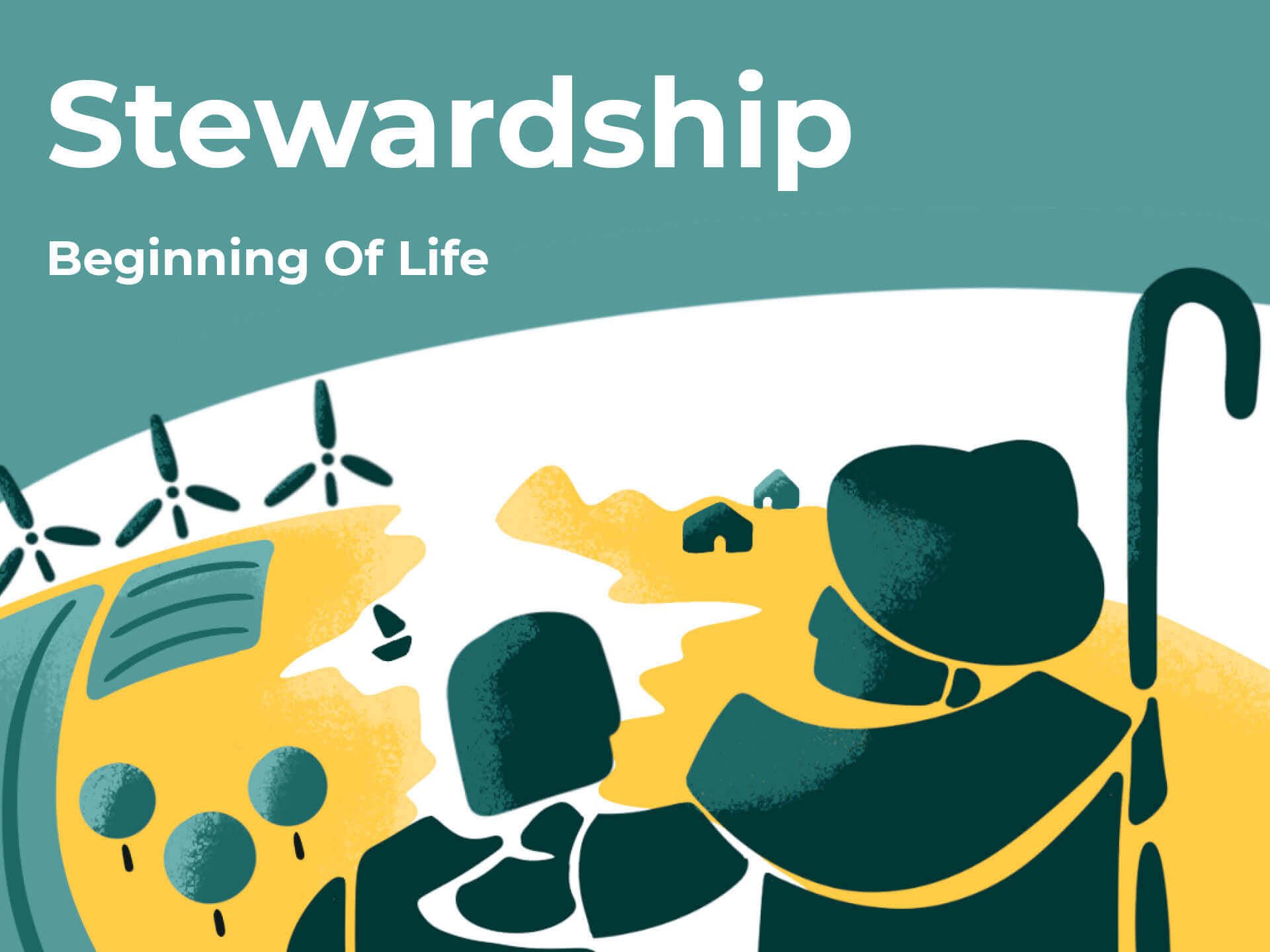Time, Treasure, Talents
About this series
This 11-part series will help us to understand and apply the Bible’s teaching on God’s plan for us to steward the gifts he has given us and therefore the type of people he is calling us to be in our day.
The entire message of the Bible reflects the statement in Psalm 24:1, “The earth is the Lord’s, and everything in it, the world, and all who live in it” (cf. Psalm 89:11). And yet we must balance that with the fact that God has also called mankind to steward his creation: “The highest heavens belong to the Lord, but the earth he has given to the human race” (Psalm 115:16) In making the distinction between God’s rule and our delegated rule, John Stott says, ‘Our possession of the earth is leasehold, therefore, not freehold. We are only tenants; God himself remains...the “landlord.”’
It’s also clear from the creation account in Genesis that mankind was specifically created to bear God’s image and to rule on his behalf over his creation:
Genesis 1:28: “God blessed them and said to them, ‘Be fruitful and increase in number; fill the earth and subdue it. Rule over the fish in the sea and the birds in the sky and over every living creature that moves on the ground.’”
William Edgar defines this mandate given to Adam: ‘The creation mandate is the on-going charge to humanity, in the power and blessing of God, to be fruitful, multiply, and fill the earth and to gently subdue and cultivate the earth.’ This mandate relates not only to the physical ‘earth’ but also to our physical selves, what we do with the resources God has given us and to the way we care for the rest of mankind.
About this talk
Scripture: 1 Peter 4:7-11
There are certain things that are true of every single person - they are created in God’s image, they are mortal until God breathes his life into them, they are loved by God, etc. And every single person has been created with abilities and capacities for the good of other people.
Paul makes this clear in terms of the church family when he writes, “Now to each one the manifestation of the Spirit is given for the common good” (1 Corinthians 12:7) and here Peter tells us that, “Each of you should use whatever gift you have received to serve others, as faithful stewards of God’s grace in its various forms.” In both passages it is clear that what God has given to us is not for us, but for the purpose of serving others, for the common good.
We can apply this to all that we’ve received by God’s common grace, including our time, talents and treasure. Peter encourages us that it is God who provides the gift, the grace and the goal of serving others.
We look at:
Time: all of us use what has given us to serve people in a variety of ways. How can we ensure that our ‘work’ In a time-poor culture like ours.
Talents: how can we identify and deploy our talents for the benefit of others?
Treasure: in a treasure-rich society like ours, how can we grow in generosity towards other people through understanding that we are stewards of those treasures, not owners of them?











God gives us reasons for working, without making it the reason. Work, then, becomes an avenue for using the creative opportunities God has given, to serve other people and to love him - all of which we do for his glory.